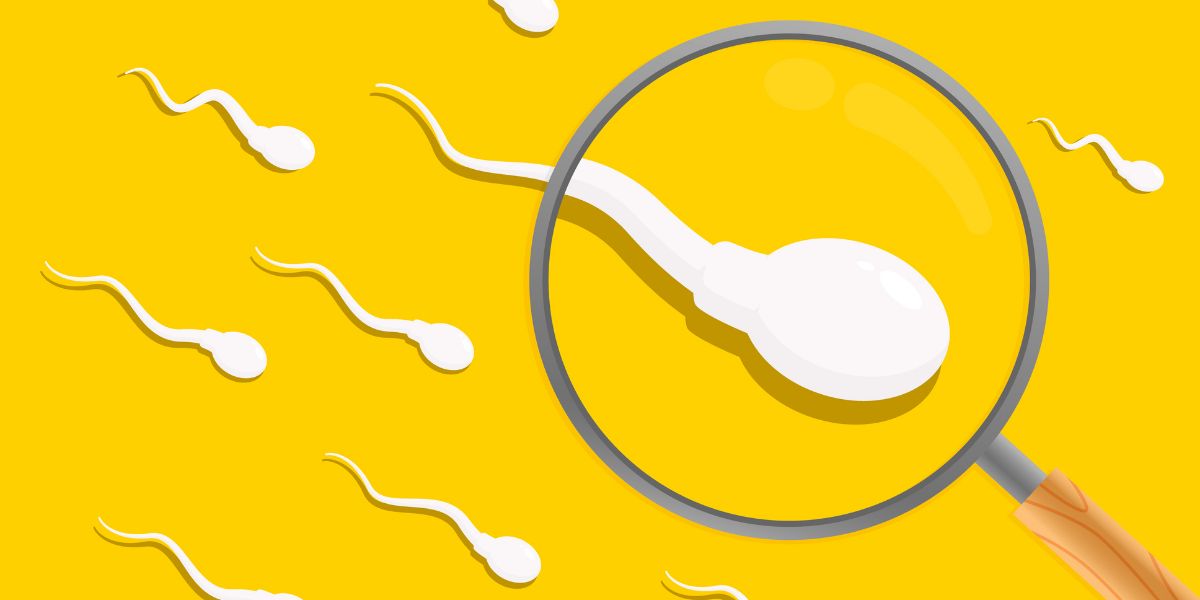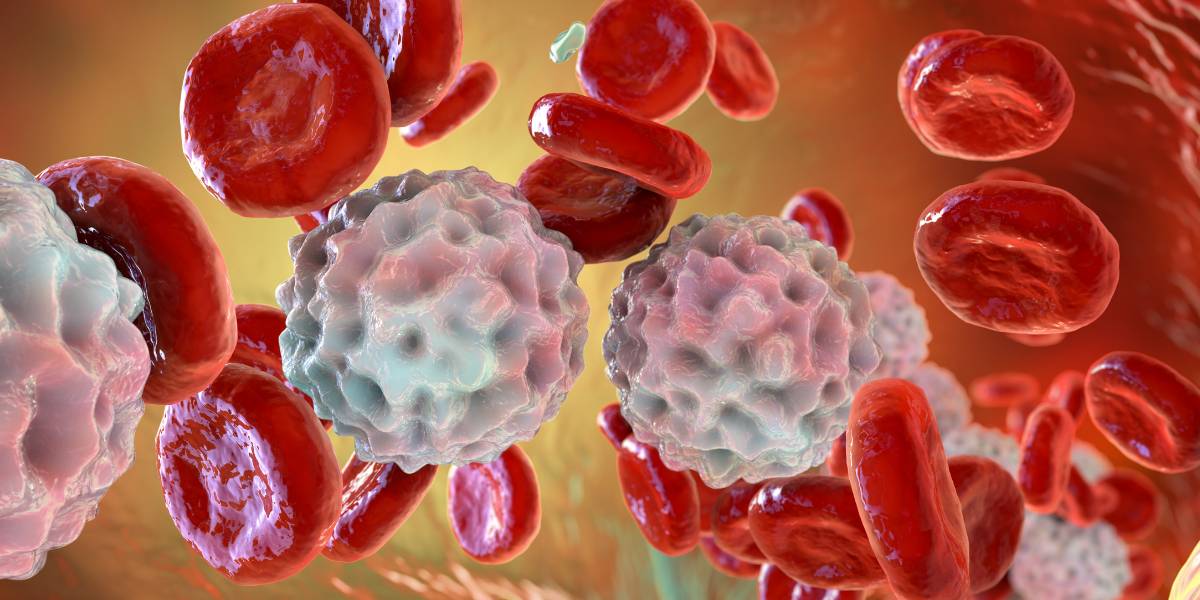Autonomic neuropathy occurs if the nerves which help to control involuntary functions, including digestion and sweating, become damaged.
People with autonomic neuropathy may have one organ affected or it could affect a number of organs.
Symptoms of autonomic neuropathy
The symptoms of autonomic neuropathy can vary depending on which organs are affected.
Symptoms that could result from autonomic neuropathy include:
- Constipation
- Diarrhoea
- Nausea
- Difficulty with urinating
- Excessive sweating
- Rapid heartbeat
- Difficulty maintaining an erection (erectile dysfunction)
Which organs can be affected by autonomic neuropathy?
- The heart
- The stomach and intestines
- The bladder
- Sweat glands
- Sex organs
The heart and autonomic neuropathy
If the nerves that control heart rate become affected you will be said to have Cardiac Autonomic Neuropathy, abbreviated as CAN.
When these nerves are affected, it can cause your heart rate to stay high even at rest and this can also result in lower blood pressure , such as when you stand up (known as postural hypotension).
An additional problem of Cardiac Autonomic Neuropathy is that it is possible to experience a heart attack without feeling the pain or symptoms that usually result. Such a heart attack is called a silent myocardial infarction.
Water tablets may be prescribed to help to reduce the effects of postural hypotension.
The stomach and autonomic neuropathy
If neuropathy affects the vagus nerves, which help to control the functioning of the stomach, a condition called gastroparesis develops. Gastroparesis causes emptying of the stomach to become impaired leading to food staying in the stomach too long. This can result in symptoms such as abdominal bloating, nausea, heartburn and unpredictable changes in blood glucose levels.
Read more on the symptoms and treatment of gastroparesis
The bladder and autonomic neuropathy
If the nerves which control bladder function are affected by autonomic neuropathy, this can lead to problems including:
- Insufficient emptying of the bladder
- Bacteria developing in the bladder
- Loss of bladder control – urinary incontinence
Antibiotics may be prescribed to help treat bacterial infections and catheterization may be appropriate in people suffering from urinary incontinence.
Sweat glands and autonomic neuropathy
Neuropathy can affect our sweat glands affecting our ability to sweat. Sweating helps the body control temperature and can also be helpful in keeping skin hydrated.
If our sweat glands are affected by nerve damage it can impair our ability to regulate our body temperature and could lead dry or cracked skin on the feet.
Foot creams can help to rehydrate the feet. Browse in the Diabetes.co.uk shop our range of foot creams
Autonomic neuropathy and sexual dysfunction
Autonomic neuropathy can also lead to sexual dysfunction. In men, nerve damage may affect the ability to have an erection and may affect the ability to ejaculate. In women, autonomic neuropathy can lead to difficulty with arousal and reaching orgasm and can impair natural lubrication.







